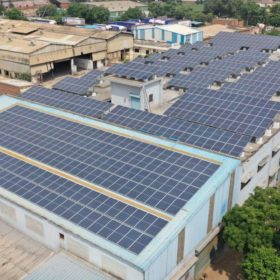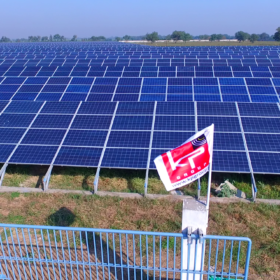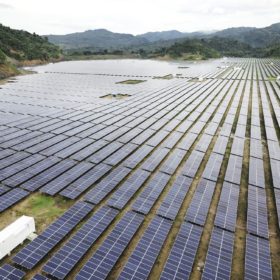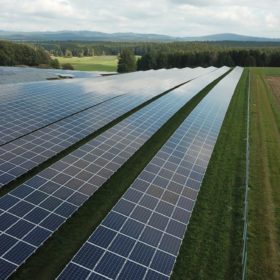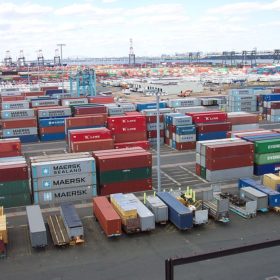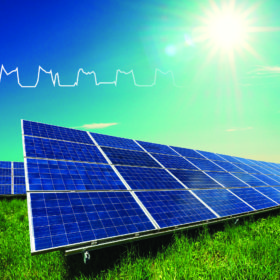Financing in rooftop solar
There is a need to innovate and pay attention to micro, small and medium enterprises (MSMEs), SMEs, and residential society consumers to activate the next leg of growth in the rooftop solar market.
KPI Global gets Rs 107.50-crore PFC loan for 35 MW solar projects
The Gujarat-based solar developer will use Rs 76 crore to finance a new 20 MW solar project at Bharuch and Rs 31.50 crore to refinance an existing 15 MW plant.
UK investor acquires two Acme Solar projects aggregating 400 MW
Private equity investor Actis has completed the acquisition of Haryana-based Acme Solar’s 400 MW PV assets in the states of Andhra Pradesh and Madhya Pradesh.
Early coal plant retirement first hurdle in reducing discom debt
The Indian power distribution sector needs bold policy choices such as the closure of old, inefficient coal-based power plants to improve its financial viability. Early retirement of expensive coal power contracts will result in significant savings for the states as they can contract cleaner, cheaper renewable power.
KFW offers Rs 600-crore loan for 125 MW Bengal solar park
The cash injection—for a 15-year term at 0.15% interest—will cover 80% of the overall solar project cost of Rs 750 crore.
IoT startup Probus raises seed funding for smart grid platform
The startup—which has developed an Internet of Things (IoT) based service for power grid monitoring and automation—will use the amount to strengthen the software platform and expand the scale to different geographies.
Ayana Renewable acquires 40 MW PV projects from First Solar
This marks the first such acquisition for the Bengaluru-based developer as it looks to acquire high-quality operating renewable assets to ensure a balanced risk portfolio.
Europe will be our next stop – S&W solar interview
Having bagged large orders in the U.S. and Australia, Indian multinational engineering, procurement and construction (EPC) services provider Sterling and Wilson Solar is bidding for tenders in regions which have eased up business lines, Europe among them. Kannan Krishnan, S&W’s chief operations officer for solar in India and the South Asian Association for Regional Cooperation area, speaks to pv magazine about the impact of Covid-19 on the solar EPC business and the company’s expansion plans.
Safeguard duty on solar cell imports extended by a year
The import duty will be levied on Chinese, Vietnamese and Thai solar cells – whether assembled into modules or not – at 14.9% from today and falling to 14.5% in six months’ time. Malaysian products are exempted as their imports have fallen dramatically since the duty was imposed, in July 2018.
India, Russia to fund joint R&D in renewable energy
The programme aims to create market-ready technology-based solutions, products, and services with the potential to scale in India, Russia, and other countries.
